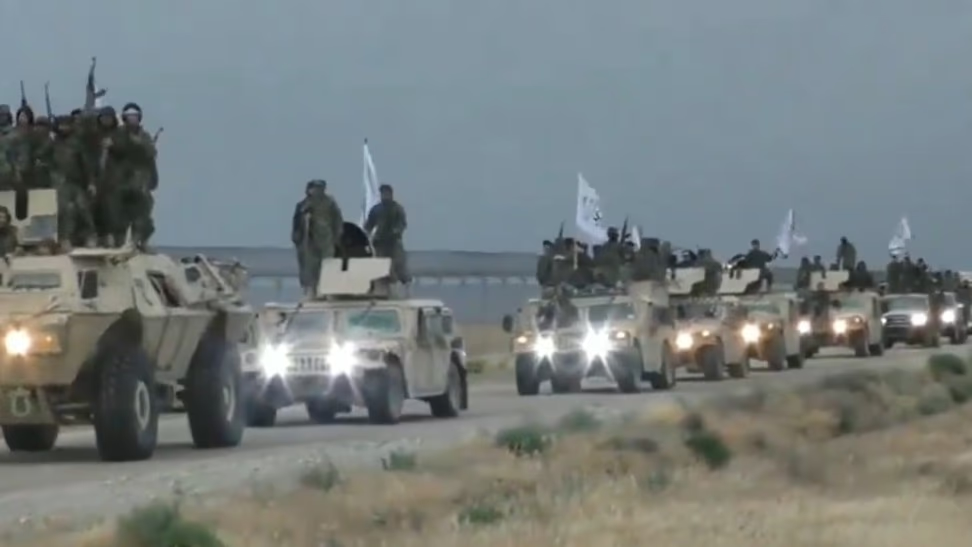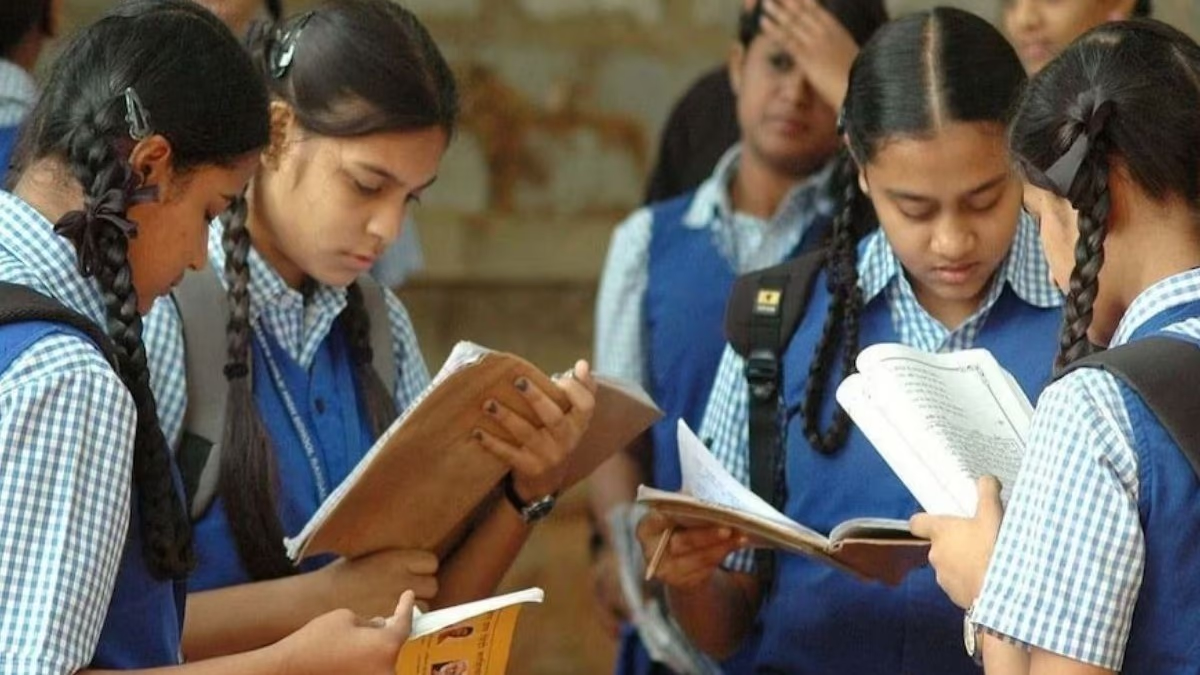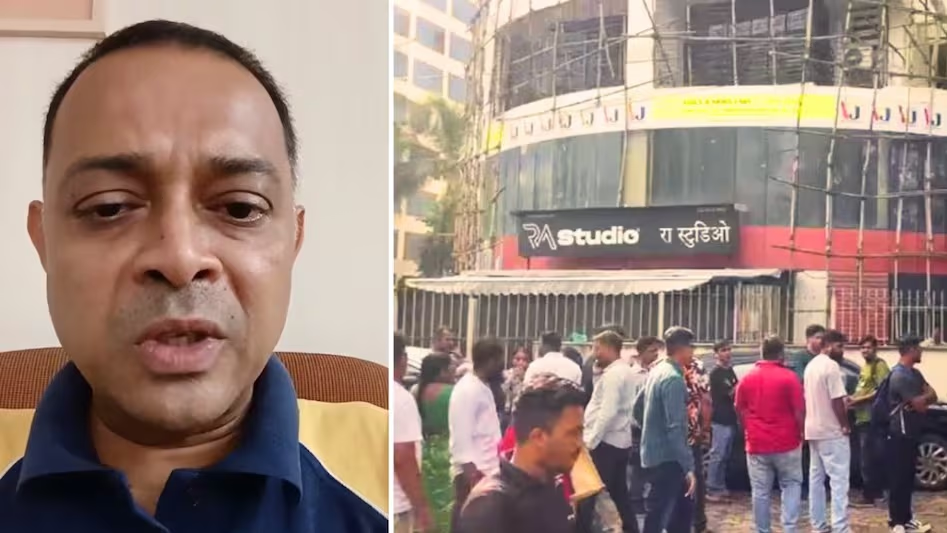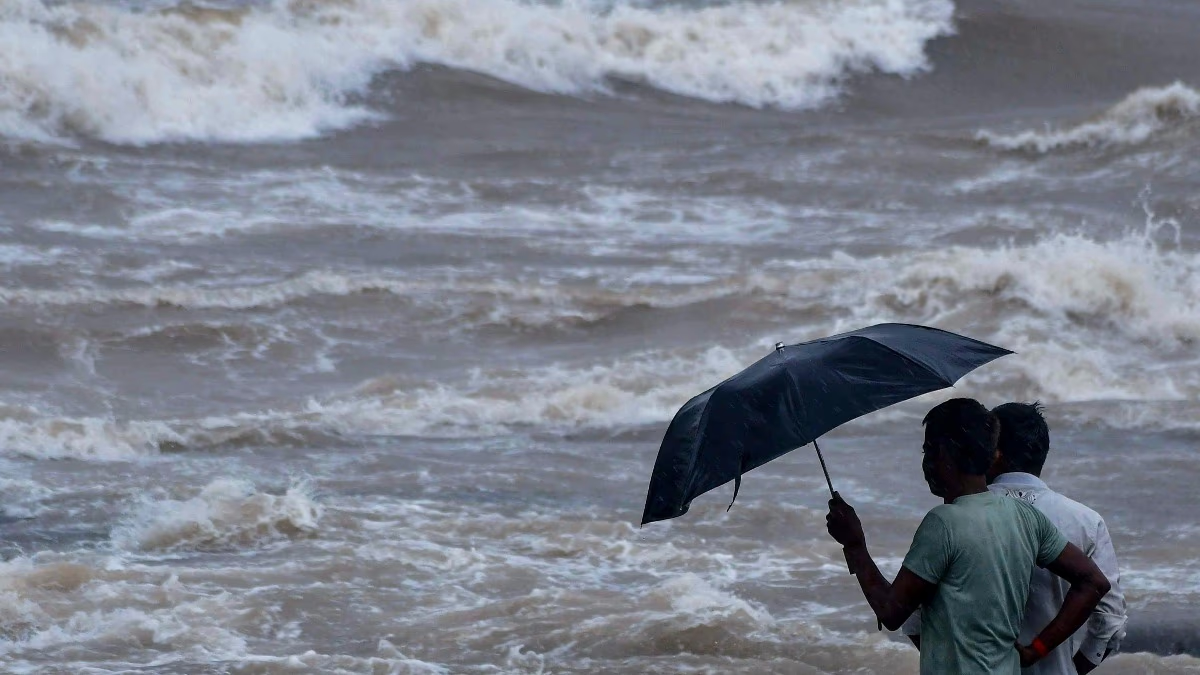After losing dozens of soldiers in the conflict with Afghanistan, Pakistan's Prime Minister Shehbaz Sharif resorted to blaming India. He alleged that Afghanistan attacked Pakistan 'under India's direction' during the foreign minister's visit to Delhi.
Meanwhile, Pakistan's Defence Minister Khawaja Asif spoke about a potential two-front war, suggesting that India might initiate conflict and that Pakistan is prepared. He noted that Pakistan is gearing up for simultaneous wars with Afghanistan and India.
The recent conflict between Afghanistan and Pakistan is highly devastating, with both nations suffering heavy losses. Pakistan lost many soldiers and conducted airstrikes on Afghan cities, damaging infrastructure such as homes and schools.
In Kabul, Paktika, Khost, Nangarhar, Kandahar, and Helmand, Pakistan conducted airstrikes on over 20 locations, reportedly causing civilian casualties. Taliban sources claim over 12 civilians died, while more than 100 were injured, and 15-20 Taliban fighters were also reportedly killed.
The 'Friendship Gate' between Pakistan and Afghanistan in Spin Boldak, Kandahar, has been severely damaged.
Despite a ceasefire, tensions endure between the two countries. Shehbaz Sharif cautioned that if the ceasefire is merely a delay tactic, it would not be accepted.
Sharif attempted to drag India into this conflict without justification, alleging Afghan attacks occur under India's influence during the Afghan foreign minister's India visit.
While Sharif made groundless accusations against India, Pakistan's Defence Minister Khawaja Asif was preparing for a potential two-front war.
In a television interview, Pakistan's Defence Minister Khawaja Asif acknowledged preparations for potential dual-front conflicts. When asked if India might attack Pakistan, he said, 'Absolutely, you cannot rule it out. There are strong possibilities.'
When asked, 'For God's sake, the situation is tense, if a two-front war breaks out, has the Prime Minister been consulted on counteraction?', Asif replied, 'Yes, we are devising strategies, which I cannot disclose publicly, but we are ready for any situation.'
Asif's remarks came during fierce skirmishes between Pakistani and Afghan forces at the border.
Pakistan's Military Accused of War Crimes
Various organizations within Pakistan have condemned its own government for the attack on Afghanistan. Manzoor Pashteen, leader of the Pashtun Tahafuz Movement, criticized Pakistan's recent airstrikes on Kabul and condemned the targeting of civilians as war crimes.
He emphasized that the Pakistani military repeatedly attacks innocent people to cover its failures on the battlefield.
In an online post, Pashteen wrote, "The Pakistani military, the biggest war criminal, often vents its frustration and fear of defeat on ordinary people."
Ex-Afghan diplomat Aziz Mahraj, quoted by Tolo News, stated, "Unfortunately, by attacking civilians, Pakistan is violating all international norms such as non-interference, mutual respect, territorial integrity, the Universal Declaration of Human Rights, the 1949 Geneva Conventions, and Chapter VII of the UN Charter. This benefits no one."
In light of these attacks and rising tensions, a 48-hour ceasefire has been established between Kabul and Islamabad.




